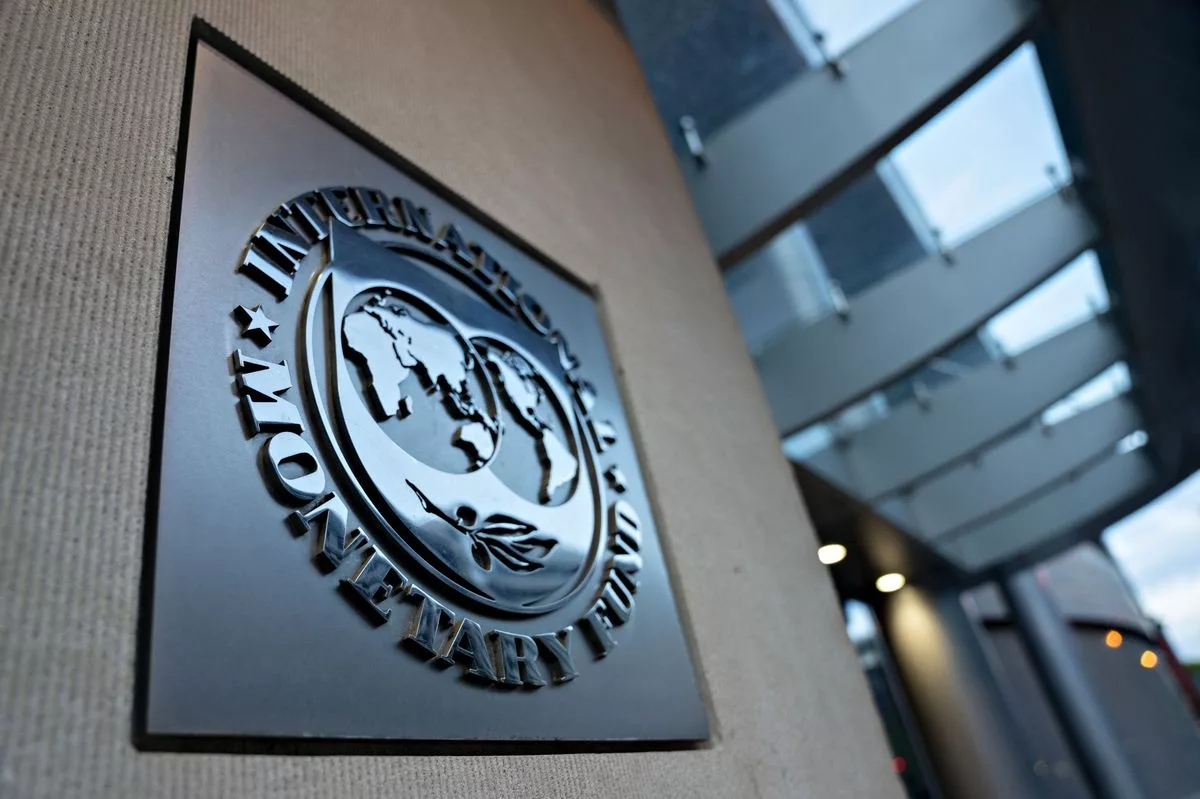The International Monetary Fund (IMF) has raised concerns over the impact of escalating trade tensions on Asia’s economic outlook. Speaking at a forum on systemic risk in Cebu, IMF Asia-Pacific Director Krishna Srinivasan highlighted the risks of “tit-for-tat” tariffs undermining growth, disrupting supply chains, and raising costs.
“The retaliatory tariffs threaten to disrupt growth prospects across the region, leading to longer and less efficient supply chains,” Srinivasan warned.
This comes as U.S. President-elect Donald Trump signals plans to impose a 60% tariff on Chinese goods and at least a 10% levy on all other imports, sparking fears of heightened global trade tensions. In a parallel move, the European Union recently increased tariffs on Chinese electric vehicles to as much as 45.3%, prompting a retaliatory stance from Beijing.
The IMF cautioned that such measures could have far-reaching consequences, including stalling global trade, reducing growth in export-driven economies, and potentially raising inflation in the U.S. This could force the Federal Reserve into tighter monetary policies despite the already fragile global growth outlook.
Despite these challenges, the IMF’s latest World Economic Outlook projects Asia to remain a bright spot, with regional growth expected at 4.6% in 2024 and 4.4% in 2025—outpacing the global growth forecast of 3.2% for both years. Srinivasan emphasized that Asia is navigating a significant transition period, marked by uncertainty in trade relationships and monetary policies.
He added that shifts in monetary policy within advanced economies could influence Asian financial markets, affecting capital flows, exchange rates, and broader economic stability.
The warning underscores the delicate balance facing policymakers as they strive to maintain growth while navigating rising protectionist trends.

